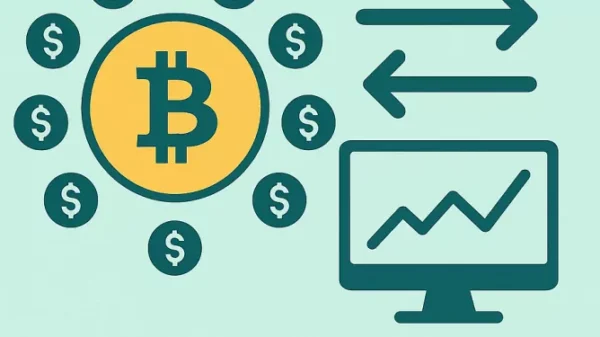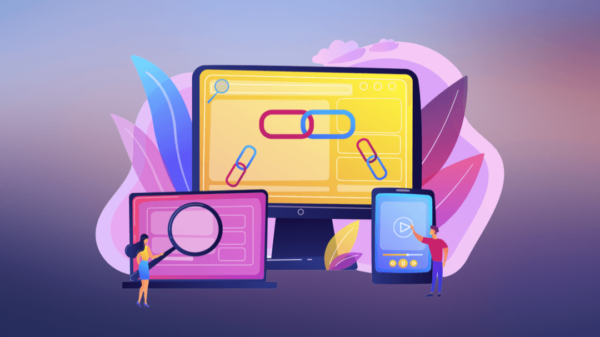In 2015, the school minister, Nick Gibb, addressed the Education Reform Summit and said that the ‘huge social justice issue of our time is education reform. We must ensure the best education standards for all young people, whatever their circumstances if we are to achieve a better society in which there are shared and equal opportunities.’ This is the commitment that the government has made as part of its reform programme.
A country’s development is mainly determined by its population and resources. Nevertheless, it is eventually in the people’s regard to deciding how efficiently finite resources may be used to achieve rapid advancement and technological breakthroughs. People play a major role in shaping the status of a country, and education is instrumental in shaping a person. As a consequence, education is the backbone of any nation; it is essential for technological breakthroughs and the transmission of a wide range of skills, values, and awareness.
As education is the process of learning and developing culture, it also works as a significant tool for social progress and contributes toward the betterment of the human condition with the process of increased knowledge, living conditions, health, social fairness, and productivity.
A true value of education
The literacy rate of a country mainly correlates with lower unemployment and high growth in terms of GDP. Terrorism, poverty, racism, climate change, and gender disparity are the majority of the issues that most countries are currently grappling with. A standardised education for all individuals may solve these problems at their source, resulting in a more prosperous country with higher living standards. Education is worth it in the long run; today’s educated children will grow up to be members of tomorrow’s highly civilised and moral society.
The human intellect has great potential for causing significant social transformation. In order to gain an advantage of the human mind, education is a necessary step. It is a critical investment in every person’s development. Education has the capacity to change a person’s life and offer them a new perspective on it. Some think that health is a more important factor in a country’s development since only healthy people are productive and efficient. To be healthy and disease-free, however, education is essential. Just like an online dissertation help expert significantly assists a student in his/her higher degree, so is education instils awareness, which is necessary for a productive & healthy lifestyle.
Education and United NationsDevelopment Goals (MDG) is to deliver high-quality universal primary education to all people.
The United Nations has emphasised the significance of education, and one of the Millennium Now, the MDGs has changed to SDGs (Sustainable Development Goals), and SDG 4 is to “ensure inclusive and equitable quality education and promote lifelong learning..” Today, it has been assumed that 250 million children are denied access to primary education. These children will be the country’s future leaders and will be held responsible for its growth. Nelson Mandela once said, “Education is the most powerful weapon you can use to change the world.” Literacy rates are a source of competition among today’s countries, which leads to increased economic growth and development.
Foundation education
The World Bank’s upcoming Education Strategy will stress several key concepts, including Investing early. Invest wisely. Invest in education for everyone.
Invest early
To commence with, developing essential skills early in childhood allows for a lifetime of learning. Traditional education, which begins in primary school, is just too late to face the challenge. As per brain development studies, learning should be encouraged early and often, both within and outside of the formal schooling system.
Smart investment
Second, achieving results necessitates wise expenditures. In addition to typical metrics like the number of teachers taught or students enrolled, investments that prioritise and track learning. Quality should be the primary criteria for educational investments, with learning gains as the primary metric. There are too few resources and too many challenges to be establishing policies and programmes in the dark. In order to invest wisely, we need evidence of what works.
Learning for all
Third, make sure that all students, not just the most fortunate or bright, gain the knowledge and skills they require is referred to as learning for all. At the primary, secondary, and postsecondary levels, underprivileged communities face significant access barriers. We must remove the hurdles that prevent girls, disabled children, and ethnolinguistic minorities from receiving the same level of education as the rest of the population. The equitable goals that underpin Education for All and the MDGs are promoted by “Learning for All.”
Prenatal health care and early childhood development programmes that involve education and health are critical to realising this potential. In order to educate the children with the essential reading and numeracy abilities they will need for lifelong learning, quality instruction is essential in the early years. Despite the fact that adolescence is a period of immense learning potential, many teenagers leave out at this age, drawn by the prospect of a job, the need to help their families, or the cost of education.
Wrap up
When a society is educated, it has a high level of productive and allocative efficiency, as well as quick growth. No one can take away a person’s education; it will always be beneficial to them. Parents should consider investing in their children’s education as a long-term investment that will help society as a whole. As a result, education is the most important stage in a country’s development, and everyone should seek to maximise it.




























































